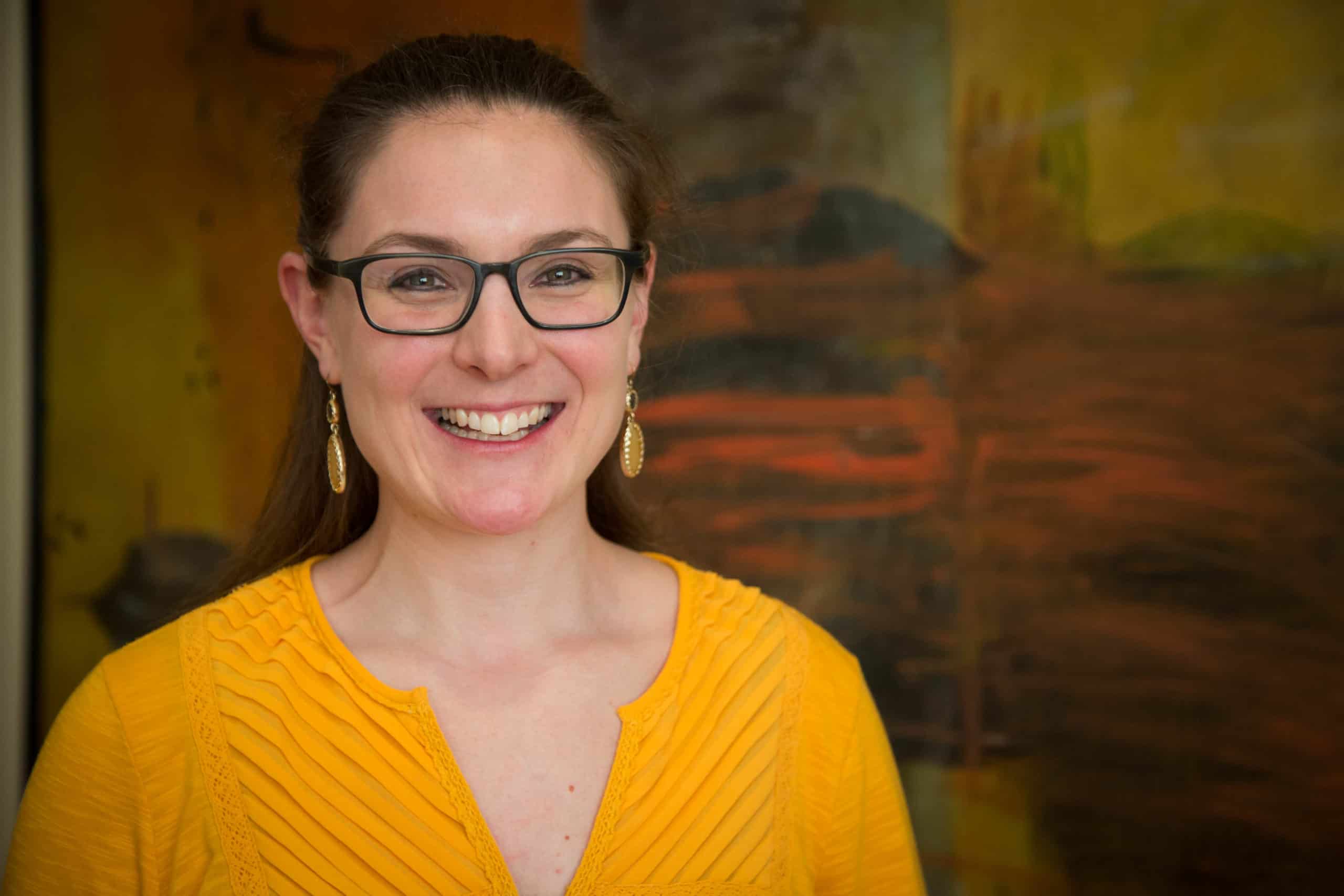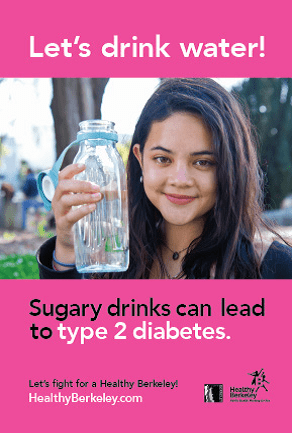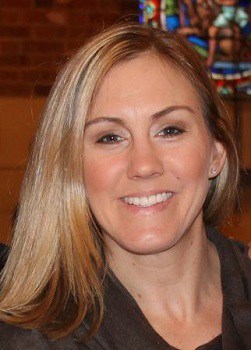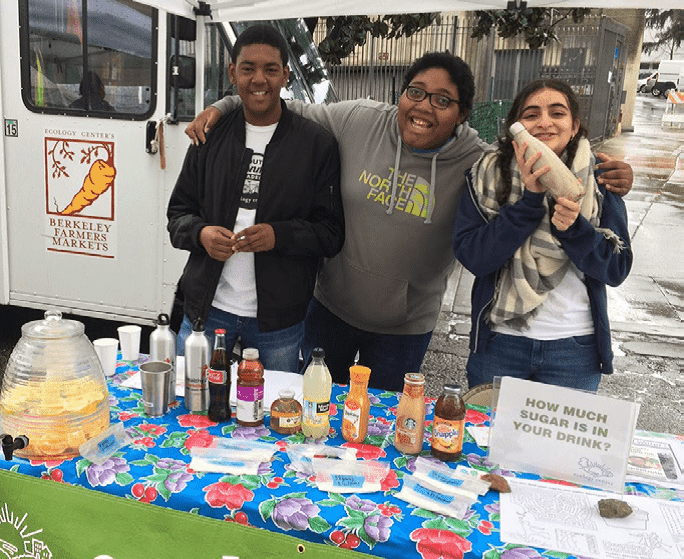This website uses cookies so that we can provide you with the best user experience possible. Cookie information is stored in your browser and performs functions such as recognizing you when you return to our website and helping our team to understand which sections of the website you find most interesting and useful.
One of the greatest indicators of a person’s health and life expectancy is—believe it or not—his or her ZIP code. The places in which people live, play, learn, and work, determine their ability to access the resources necessary for maintaining a long, healthy life. There is growing recognition of the benefits of place-based strategies to help communities flourish and their inhabitants to thrive.
In partnership with state, local, and private clients, JSI is working on initiatives that integrate policy, systems, and environmental changes to transform communities into places that support health-promoting behaviors.
In the United States, JSI has provided training and technical assistance to support the implementation and evaluation of healthy communities activities in multiple states, including New York, Massachusetts, and California.
Increasing Access to Healthy Foods and Providing Opportunities for Physical Activities in New York
Amanda Ryder is the project manager of the Obesity Prevention Center for Excellence (OPCE) and technical assistance lead for a subset of Creating Healthy Schools and Communities (CHSC) grantees. CHSC is a New York State Department of Health-funded initiative to support healthy behaviors among 4.5 million New Yorkers in 226 communities and 83 high-need school districts. OPCE strengthens the CHSC by providing training; technical assistance; access to local, statewide, and national expertise; and a collaborative learning community among grantees.
Watch the video below to see the how OPCE grantees are creating ‘complete streets’ for a healthier New York.
In the first two years of the grant, OPCE has responded to more than 500 technical assistance requests, developed 79 products/resources, and held 82 virtual and in-person trainings. Over 50 Complete Streets policies have been passed and 120 infrastructure projects completed, all of which encourage walkable and bikeable communities. Grantees are working with 498 worksites to offer healthy options for employees and patrons.

This project combines so many of my personal and professional interests. I have always been passionate about nutrition, physical activity, and obesity prevention. I love working with children, and seeing the impact this work has on students, their families, and communities is particularly meaningful. This project has also reaffirmed my passion for providing one-on-one and group support and consultation, facilitating trainings and organizing conferences, and fostering connections and networking opportunities among grantees.” – Amanda Ryder
Making it HIP to be Healthy in Massachusetts
Far too many Americans cannot access affordable, healthy foods.
In Massachusetts, the Department of Transitional Assistance (DTA) has contracted with JSI to evaluate the Healthy Incentives Program (HIP). HIP is a statewide initiative that provides a monthly financial incentive to households that receive food stamps (otherwise known as Supplemental Nutrition Assistance Program [SNAP] households), when they purchase fresh, local, healthy fruits and vegetables at Massachusetts farmers’ markets, farm stands, community-supported agriculture programs, and mobile markets.
In addition to increasing access to local, healthy fruits and vegetables among low-income individuals, HIP aims to bolster Massachusetts’ economy and food system by putting money into the pockets of local agricultural retailers.

Laura Ruggiero is the project manager for the statewide evaluation of HIP. She is in constant communication with DTA, other project stakeholders, and the JSI evaluation team to ensure that data are collected and of the highest quality. Laura has led the modification process of Health-e-Link, an online data monitoring system that enables JSI to collect data from diverse stakeholders spanning broad geographic areas. Laura and her team are also designing other tools to enable JSI to collect information both individuals and retailers participating in HIP.
HIP’s success has far exceeded everyone’s expectations. In the first nine months of the program alone, more than $3 million in incentives were given out, and this number keeps growing. The HIP incentive can only be earned at Massachusetts local agricultural retailers, meaning that in just nine months, SNAP clients purchased over $3 million worth of fresh fruits and vegetables and more than $3 million went back into Massachusetts’ local agricultural economy. HIP has been so successful that partners are now making every effort to secure additional funds to ensure program sustainability.

I grew up in Massachusetts and pursued my undergraduate, graduate, and working careers here. I am excited to be working on a project that helps the communities I have grown up with and love. I am also grateful for the opportunity to engage with Massachusetts’ agricultural sector, which I knew little about before.” – Laura Ruggiero
Taxing Sugar-Sweetened Beverages to Fund Health Promotion Programs, Policies, and Environmental Changes in California
In an effort to decrease the harmful health effects that sugar-sweetened beverages have on children, youth, and adults, the City of Berkeley, CA implemented Measure D, a tax on sugar-sweetened beverages. Since the measure passed in 2013, it has generated millions of dollar in revenue that has been allocated to community and school-based programs through the Healthy Berkeley initiative.

Programs funded by the Healthy Berkeley Initiative work to reduce access to sugar-sweetened beverages, improve access to water, and prevent conditions related to consumption of sugary drinks, including diabetes, dental caries, obesity, and heart disease.
Tammy Calise, lead evaluator for the Healthy Berkeley Initiative, focused on “telling the story” of the funded programs and providing the Sweetened Beverage Product Panel of Experts Commission with information to inform future planning. Evaluation activities include focus groups, key informant interviews, and an overall review of the program.
Learn more about Healthy Berkeley at www.healthyberkeley.com.

Berkeley’s approval of a tax on sugar-sweetened beverages will go down in history. It is the first city to generate funding from sugar-sweetened beverages for health promotion programs, policies, and environmental changes. I hope these results will be used to convince other cities to pass similar taxes.” – Tammy Calise
Building Healthy Communities

On International Women’s Day and every day, we celebrate the daily achievements of women like Amanda Ryder, Laura Ruggiero, and Tammy Calise, who are working to build healthy communities in the United States.

